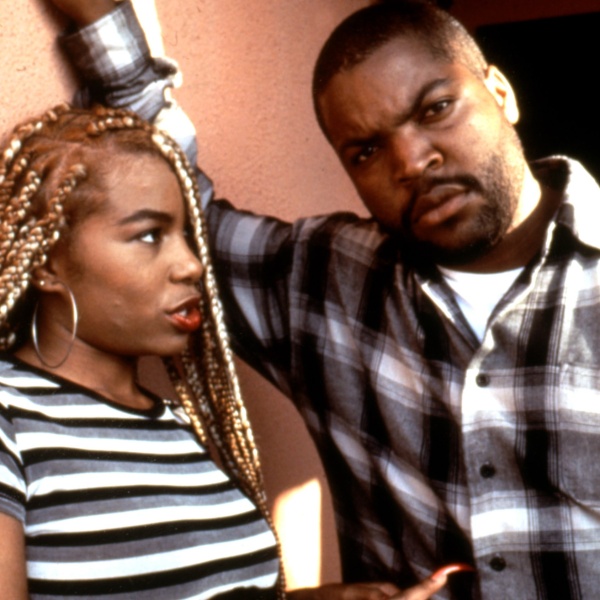
It’s always exciting to see new voices emerge from film festivals, and you can add one more to the SXSW heap with “Bellflower” writer/director/star Evan Glodell. In “Bellflower,” Glodell and Tyler Dawson play Woodrow and Aiden, two Texas hipsters who believe they stand at the edge of the known world. In bits and pieces, their response is to piss and laugh drunkenly into the abyss. Mostly, it is to prepare for the apocalypse.
The Mighty Medusa is the maiden claiming Woodrow and Aiden’s personal lives. Their plan is to design the Medusa, a sleek two-door vehicle of death, by adding flame throwers, surveillance cameras and a litany of other devices suited for end-of-the-world survival. While a social life might call to these two handsome men, who seem to consume alcohol with regularity alarming for a non-layabout in their mid-twenties, instead their time is spent getting dirt under their nails and devising an instrument dedicated to withstanding what the two dreamily, almost endearingly, perceive to be a global purge.

Woodrow can’t fully commit to this worldview, having fallen under the spell of local girl Milly (Jesse Wiseman, a curvier, blonde Juliette Lewis). Like Woodrow, Milly seems to disregard conventional propriety, and an immediate attraction is built for their shared, often joyous disdain of sentimentality. Because this is a film seen through the prism of young men, there’s something understandable but still disquieting about the depiction of Milly as a force of destruction and not so much as a fully-realized character.
As a director, Glodell doesn’t demonize Milly as much as depict her aftermath as a sickening cataclysm. Unaware that his fantasy with the singleminded Aiden is a straight path to nihilism, Woodrow struggles to make sense of his future, and in doing so possibly creates a path that leads one to a needed redefinition of an apocalypse. “Bellflower,” at this point, stops being a story about a group of friends, and starts becoming an upsetting depiction of our own darkest capabilities.
Glodell has made a film that feels almost like an exposed wound. With other filmmakers, you wonder exactly how one could achieve the film’s bleached-yellow color scheme. Or perhaps how he came about finding Jonathan Keevil, the musician who recorded the score and a set of original songs that feel genuinely vintage. With Glodell, you wonder who exactly hurt him, and how they’ve done it. “Bellflower” is such a ferocious film, with its queasy suggestions of an unspoken Armageddon, that you also stop and think what Glodell foolishly did to seek revenge. “Bellflower” isn’t regret, it is the scream of a thousand hollow victories, and the poetry that lies in the resulting emptiness.
Glodell clearly is a film buff raised on enough genre material that his characters speak of coming doom within the framework of popular movies. It was a mutual love of cinema that led Woodrow and Aiden to Texas, but the real experiences they gather aren’t based in the “bacon-and-beer” aesthetic that fuels their favorite films. Dissimilarly, Glodell is smart enough to know there is nothing more cinematic than a disinterested corn-fed blonde listlessly smoking a cigarette in her underwear, an eroticism borne out of the still-growing American New Wave snuffed out by the genre mentality of stateside hits like Australia’s “Mad Max,” which is referenced so extensively that “Bellflower” might as well be a meta-prequel.
Many are struggling to find the words to properly convey what “Bellflower” truly represents. In some ways, what lingers is the very real aftertaste of the end of a relationship. Both parties reaching out to pointlessly continue hurting each other, feeling it’s the healthiest way to keep seeing each other, pulling others into their disturbed world of mutual self-destruction. In its own way, “Bellflower” is about the devastation of “the end,” carefully considering the emotional violence that eventually spider-webs from an interpersonal tragedy to something, on a human scale, far more terrifying. Consider it a roadmap to a mushroom cloud. [A-]




